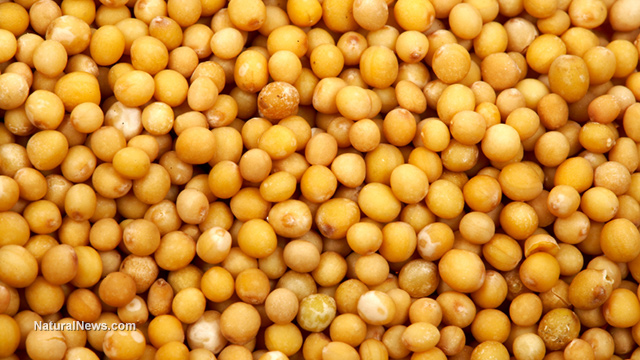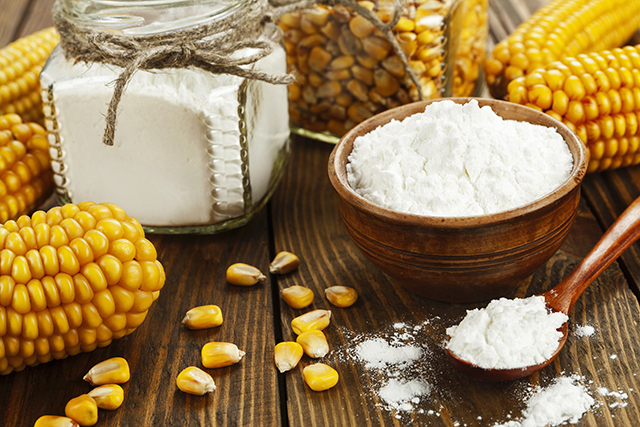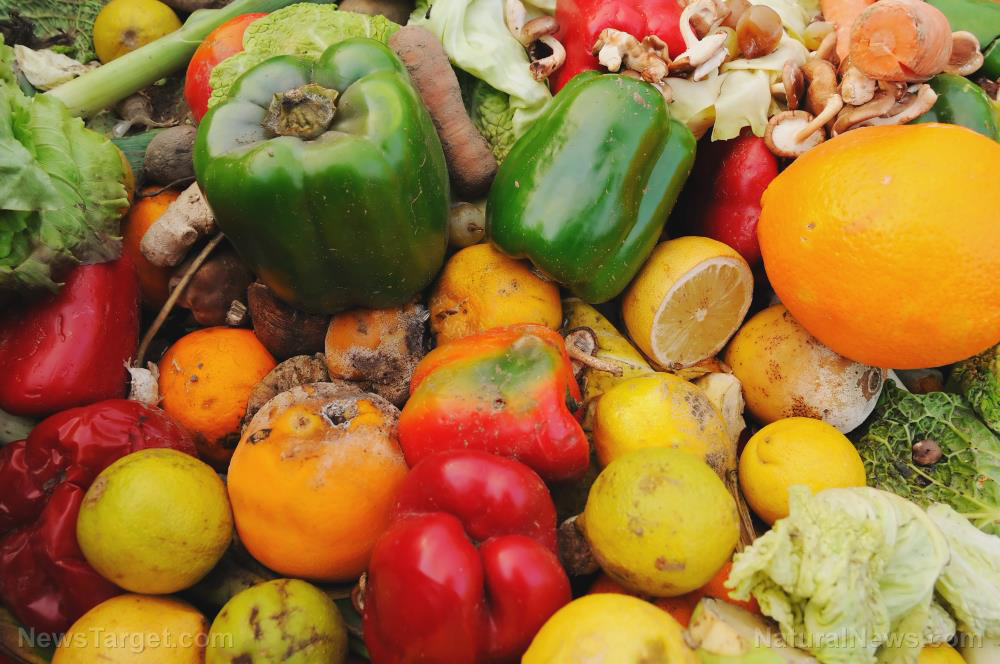Manure-based fertilizers are ideal alternatives to conventional varieties, according to a study
11/02/2018 / By Edsel Cook

A seven-year-long study conducted by Spanish researchers in a farm under the Mediterranean sun has concluded its comparison of natural and synthetic fertilizers. The researchers reported that manure-based fertilizer greatly improved the crop yield, both on its own and when added to chemical fertilizer.
The goal of the Universitat de Lleida (UDL) research team was to devise a sustainable way to use manure as an organic fertilizer for agricultural fields in the unique climate and soil of the Mediterranean region. They chose the manure of dairy cattle, which is plentiful, easy to acquire, and has historically been used as a fertilizer.
The researchers applied different amounts of manure to the soil of the experimental farm on an annual basis for seven growing seasons. At the same time, they also applied different amounts of mineral nitrogen fertilizer to the soil. The crop chosen was maize, an important food-producing plant.
In some of the plots, they combined different amounts of the two types of fertilizer to see if they possess any synergy. Based on their findings, they determined that manure-derived fertilizers are indeed a good alternative to synthetic chemical equivalents, able to partially or fully replace them. (Related: Comparing organic vs. conventional farming on plant yield and nutritional content.)
Will manure-based fertilizers work for Mediterranean-based farms?
The UDL experiment took place in an agricultural field that got its water from irrigation furrows that ran through the ground. The soil itself was sandy and the weather throughout all seven years of the study reflected the dry Mediterranean climate.
The researchers applied both natural fertilizer and chemical nitrogen fertilizer to the soil before they planted the crop for that year. They used three different ratios of cattle manure (zero, 30, and 60 Mg per hectare) and four different rates for mineral nitrogen fertilizer (zero, 100, 200, and 300 kilograms per hectare) in combination with each other.
In all of their fertilized plots, the researchers measured the following parameters of the crop and the nutrients in the soil:
- The yield of the maize crop;
- The concentration of nitrogen in the grains and plants;
- The nitrogen uptake of the plants;
- The efficiency of nitrogen usage; and
- The levels of soil nitrogen and organic carbon.
The sustainable use of cow manure as fertilizer
The UDL researchers found that the highest yield of maize grain came from two plots: The one that applied 30 Mg of cow manure and mineral fertilizer to each hectare, and the one that received 60 Mg of manure fertilizer per hectare without accompanying synthetic fertilizer.
In the former, the addition of mineral fertilizer appeared to improve the crop yield throughout much of the growing season. In the latter, however, there was no mineral fertilizer present. The larger amount of manure-based fertilizer was solely responsible for increasing the grain yield.
In both cases, the yield of the maize crop exceeded the maximum rates required by the European Union with regards to the productivity of agricultural land.
During the seven-year study, the average percentage for the apparent nitrogen recovery (ANR) was 29 percent in fields that only received manure fertilizer. As a rule, the ANR decreased over time as the nitrogen level rose.
However, the ANR of plots that received 30 and 60 Mg/ha of manure fertilizer did increase during the first two years. The UDL researchers theorized that this higher apparent nitrogen recovery during the early years originated in organic nitrogen from earlier seasons.
Finally, the use of cow manure as fertilizer raised the amount of organic carbon found in the first 30 centimeters (11.81 inches) of soil. Based on all of these findings, the researchers concluded that manure-based fertilizer could be used by farmers to increase the yield of their maize crops while also enhancing the quality of the soil.
Drop by Harvest.news for more stories about natural means of boosting the yield of your crops.
Sources include:
Tagged Under: agriculture, biofertilizer, cow manure, farming, fertilizer, harvest, maize, manure, natural fertilizers, Nitrogen, nitrogen fertilization, organic farming, organic-mineral fertilizers



















